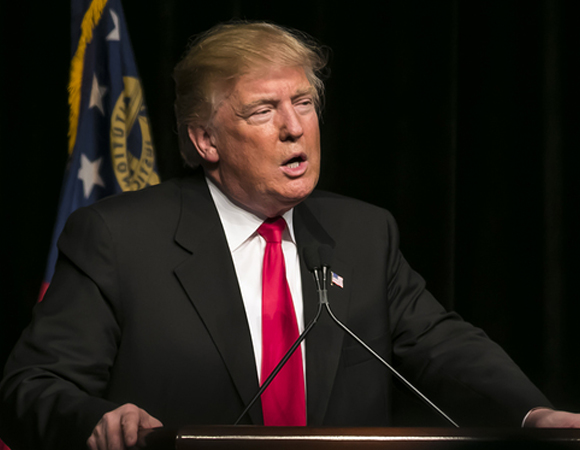A New York judge has delayed a decision on whether to dismiss President-elect Donald Trump’s hush money case, citing the need for further review in light of Trump’s upcoming second term. Judge Juan Merchan announced that he will consider the issue of presidential immunity on November 19, giving both the defense and prosecution additional time to present their arguments.
Trump’s legal team has argued that the case should be dismissed to prevent “unconstitutional impediments” to the president-elect’s ability to govern. “The stay, and dismissal, are necessary to avoid unconstitutional impediments to President Trump’s ability to govern,” Trump attorney Emil Bove stated in an email to the court.
The delay comes after Trump’s legal team cited a Supreme Court ruling from earlier this year, which defined the scope of presidential immunity. The ruling stated that presidents are immune from prosecution for actions directly related to their “core constitutional powers.” However, the Court also noted that immunity does not extend to unofficial acts, leaving the applicability of this defense in Trump’s case open to debate.
In a rare moment of agreement, Manhattan District Attorney Alvin Bragg’s office acknowledged the need for careful consideration given the unprecedented circumstances. “The People agree that these are unprecedented circumstances and that the arguments raised by defense counsel require careful consideration,” prosecutor Matthew Colangelo wrote in a letter to Judge Merchan.
Colangelo requested that the court adjourn the upcoming dates to allow prosecutors time to assess the recent developments, suggesting November 19 as the deadline for presenting their position. “We respectfully request that the Court adjourn the upcoming scheduled dates and set November 19 as a deadline for the People to advise the Court regarding our view of appropriate steps,” Colangelo added.
Trump was previously convicted on 34 counts of falsifying business records related to a hush money payment made to adult film actress Stephanie Clifford, known by her stage name, Stormy Daniels. The payment was made ahead of the 2016 election to suppress allegations of an affair, which Trump has denied.
The legal battle now hinges on the interpretation of presidential immunity. The Supreme Court’s May ruling outlined that while presidents cannot be prosecuted for official acts within their executive responsibilities, they do not have blanket immunity for unofficial conduct. “The president enjoys no immunity for his unofficial acts, and not everything the president does is official,” Chief Justice John Roberts wrote. “The president is not above the law, but Congress may not criminalize the president’s conduct in carrying out the responsibilities of the Executive Branch under the Constitution.”
Trump’s sentencing in the hush money case is scheduled for November 26, but the upcoming hearing on presidential immunity could alter the trajectory of the case. If Judge Merchan sides with the defense, the case could be dismissed, potentially averting a legal showdown that would coincide with the early days of Trump’s second term.
The decision will be closely watched as it could set a precedent for how legal challenges against a sitting president are handled, particularly in matters unrelated to their official duties. With both sides preparing their arguments, the November 19 hearing is expected to be a pivotal moment in the ongoing legal saga surrounding the president-elect.


